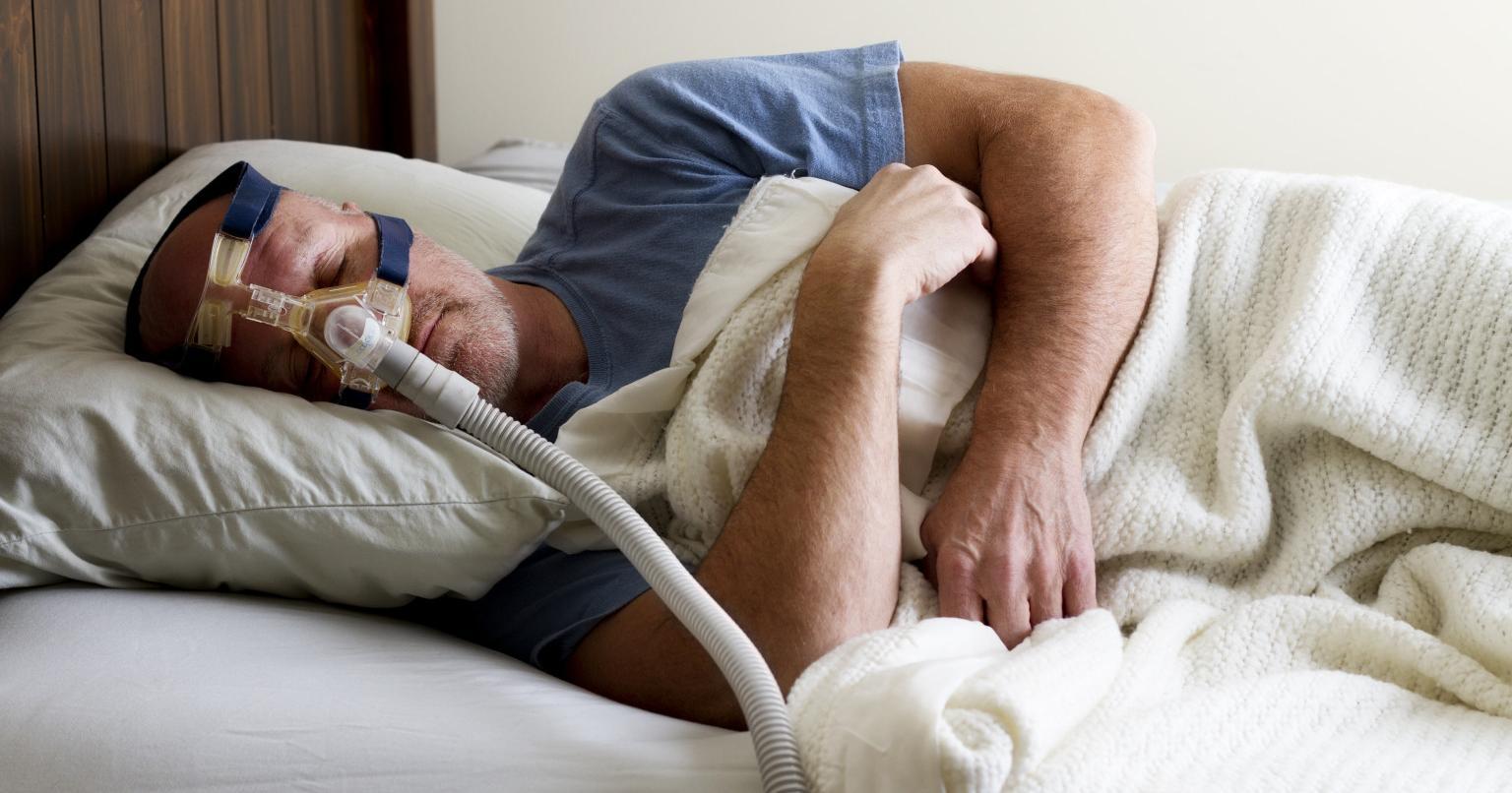What Causes A Dry Throat?
A dry throat is a symptom often associated with upper respiratory infections, though certain medications can also cause it. Individuals who have a dry throat also often have soreness in their throat, and they may find it difficult to talk or swallow. A dry throat can sometimes be accompanied by swelling and pain in the glands of the neck and jaw, and some patients may have white patches or pus in their tonsils. Patients who experience a dry throat that does not resolve after a week of home treatment should visit their primary doctor or an ear, nose, and throat specialist to determine the cause and the proper steps to resolve it. Some of the most common causes of a dry throat are outlined below.
Cold And Flu

Cold and flu can both produce a dry throat, and they are one of the major causes of this in otherwise healthy individuals. Both the cold and the flu are considered illnesses of the upper respiratory tract, and they are both triggered by different viruses. The common cold and influenza viruses often produce very similar symptoms, and it can be difficult for patients to tell them apart. It is essential to consider the onset of these illnesses to determine if it if the common cold or the flu causing the dry throat. Influenza typically develops suddenly and very quickly, sometimes in a matter of hours; a cold generally produces milder symptoms that appear gradually over several days. A sore or dry throat is very common in patients with a cold, and while patients with the flu can also have this symptom, it is much less common with the flu.
Keep reading to learn more about what can cause a dry throat.
Gastroesophageal Reflux Disease

Gastroesophageal reflux disease is a condition that affects the digestive system. Specifically, it affects a ring of muscle called the lower esophageal sphincter, an area between the stomach and the esophagus. Gastroesophageal reflux disease can cause many symptoms that affect the throat, including difficulty swallowing, the feeling of a lump in the throat, and the regurgitation of food or sour liquid. Individuals who experience symptoms of reflux disease at night may also have a chronic cough or develop asthma or laryngitis. Patients who have a dry throat due to reflux disease may find some relief from this symptom by taking medication for heartburn. Both over-the-counter and prescription antacids and proton pump inhibitors can help to reduce the stomach acid that leads to uncomfortable throat symptoms. Patients who believe they may have reflux disease should consider being evaluated by a gastroenterologist who can provide specialist treatment options and complete assessments.
Get the details on the next cause of a dry throat now.
Tonsillitis

Tonsilitis, as its name suggests, is a contagious infection of the tonsils. While the condition can occur in individuals of any age, it typically presents in childhood. Symptoms of tonsillitis include a painful and dry throat, pain or difficulty when swallowing, a hoarse voice, swollen lymph nodes, pain in the neck and jaw, fever, earaches, and stomachaches. The tonsils will also appear red and swollen, and they may have white or yellow spots. Infections of the tonsils can be diagnosed by a pediatrician, internist, or ear, nose, and throat specialist. While most cases resolve on their own, some may need medications, and patients with chronic or recurrent episodes of tonsilitis may need to have their tonsils removed. Patients may wish to use a humidifier in their homes to ease the throat symptoms caused by tonsilitis. Gargling with a solution of warm salt water can also provide symptom relief.
Learn more about conditions that may result in a dry throat now.
Strep Throat

Strep throat is a contagious bacterial infection. The major symptom of strep throat is throat pain that starts very suddenly, and is usually accompanied by painful swallowing, red spots on the roof of the mouth, fever, headache, body aches, rash, and nausea. Of course, the throat can often be dry as well. Some patients may also experience redness and swelling of the tonsils, and the tonsil area may have white streaks or pus.
The symptoms of strep throat are also shared with other conditions, which is why doctors use both a clinical examination and a swab test to confirm a diagnosis. In a swab test, the doctor gently touches the throat area with a cotton swab, and the results are usually available in about twenty minutes. Sometimes, an additional swab test called a throat culture is used, and this may take up to two days for results. If the test is positive, doctors prescribe antibiotics to resolve the infection. Since the illness is contagious, patients may need to stay home from work or school for a little while to avoid spreading the infection.
Understand more about what may cause a dry throat now.
Mononucleosis

Mononucleosis, which is caused by the Epstein-Barr virus, is a contagious illness spread by saliva. The illness may last a few weeks or even months, and symptoms include a sore or dry throat, fever, an enlarged spleen, extreme fatigue, muscle soreness, and swollen lymph nodes. Most patients with this illness will start to recover within four to six weeks, but symptoms can stick around for up to six months in some patients. Doctors will typically perform a clinical examination and a blood test to confirm the diagnosis. Since symptoms of mononucleosis can be similar to strep throat, doctors perform a throat culture to rule out this first. Patients with confirmed cases of mononucleosis are generally advised to rest and gradually return to regular activities when fatigue and other symptoms ease. Due to the severity of fatigue associated with this condition, patients may need to take time off from school or work until they feel better. Due to the risk of potential complications with the spleen, contact sports should also be avoided during this illness.
Learn about how water is connected to a dry throat next.
Dehydration

One of the most common causes of a dry throat is dehydration. When the body doesn't have enough water, it produces less saliva, which is what's responsible for keeping the mouth and throat moist. There are other symptoms of dehydration as well. Individuals may experience a dry mouth, dizziness, fatigue, dark-colored urine, and increased thirstiness. The best way to treat dehydration is by drinking extra fluids throughout the day. There are varied recommendations on the amount to drink, though the average is usually about 11.5 cups for women and 15.5 cups for men. About twenty percent of the fluid individuals ingest comes from foods like vegetables and fruits. Individuals should be sure the fluids they drink are hydrating, like sports drinks and water. It's best to avoid caffeinated drinks like coffee and soda, since caffeine is a diuretic that will cause individuals to lose water.
Keep reading to learn more about the various causes behind a dry throat now.
Hayfever Or Allergies

A dry throat can be caused by hayfever or allergies. Hayfever occurs when the immune system overreacts to harmless substances, mistakenly labeling them as harmful. Many individuals experience these allergies on a seasonal basis when plants begin to flower throughout the spring and summer. Common substances that might trigger allergies are pollen, grass, mold, pet dander, and dust mites. Upon sensing one of the trigger substances, the immune system releases histamines into the body. This reaction leads to common allergy symptoms like a cough, itchy skin and eyes, sneezing, and a stuffy nose. When their nose is congested, individuals may begin breathing through their mouth instead, which causes dryness in the throat.
Consider what sleeping habit can result in a dry throat now.
Sleeping with Their Mouth Open

If individuals find their mouth is dry each morning when they wake up, they might be sleeping with an open mouth. Since air circulates through the mouth all night, it causes saliva to dry instead of keeping the throat and mouth moist. Breathing through the mouth can also lead to snoring, bad breath, and fatigue in the daytime. If the mouth breathing is caused by a congestive or sinus issue, individuals can put an adhesive strip on their nose so it stays open during sleep. Mouth breathing can also be caused by issues with the nasal passages, such as a deviated septum.
Read more about the different dry throat causes now.
Obstructive Sleep Apnea

Obstructive sleep apnea is a medical condition that causes an individual's breathing to begin and stop at involuntary periods while they are asleep. Under normal circumstances, air flows into the nose and mouth, down the throat, and into the lungs. When this normal breathing stops, it's called an apneic episode. In obstructive sleep apnea, there's a repeated stopping of the flow of air due to the airway being too narrow. Many patients with obstructive sleep apnea also snore because the air squeezing through a narrow space leads to loud vibrations. It's important to diagnose and treat sleep apnea because without treatment, the condition can lead to diabetes, heart disease, high blood pressure, and even a stroke.
Learn about another cause behind a dry throat now.
Dry Air and Air Pollution

Dry air and air pollution can be the cause of a dry throat. When the air indoors is dry, it can make an individual's throat feel dry because the air circulation dries out the saliva that normally coats their throat. Air pollution can lead to a dry throat if it causes allergies, which can in turn cause mouth breathing because of nasal congestion. Chemicals and tobacco smoke can cause an individual's throat to feel dry and sore. Soreness might be a feeling of 'scratchiness' or feeling like the throat is swollen. One way to help with dry air is to get a humidifier, which releases moisture into the air. Air pollution can be combated through an air purifier. Additionally, individuals who smoke should do so outside rather than indoors.